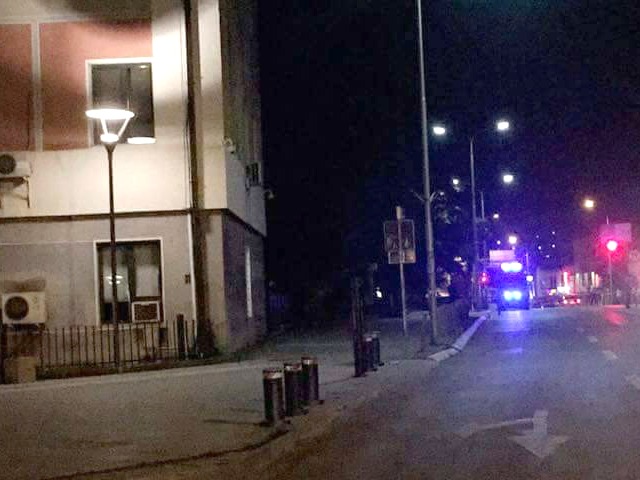-
Tips for becoming a good boxer - November 6, 2020
-
7 expert tips for making your hens night a memorable one - November 6, 2020
-
5 reasons to host your Christmas party on a cruise boat - November 6, 2020
-
What to do when you’re charged with a crime - November 6, 2020
-
Should you get one or multiple dogs? Here’s all you need to know - November 3, 2020
-
A Guide: How to Build Your Very Own Magic Mirror - February 14, 2019
-
Our Top Inspirational Baseball Stars - November 24, 2018
-
Five Tech Tools That Will Help You Turn Your Blog into a Business - November 24, 2018
-
How to Indulge on Vacation without Expanding Your Waist - November 9, 2018
-
5 Strategies for Businesses to Appeal to Today’s Increasingly Mobile-Crazed Customers - November 9, 2018
Kosovo Opposition Uses Tear Gas to Block Border Deal
Vetevendosje MPs repeatedly detonated tear gas in the chamber to stop parliamentary sessions, from October 2015 until January this year.
Advertisement
Opposition lawmakers in Kosovo have launched tear gas to disrupt the work of a parliamentary commission on a border demarcation agreement with neighboring Montenegro.
The draft of the demarcation deal was approved Tuesday by the commission with support only from the governing majority members.
There have been violent protests in Kosovo for the last 10 months against reforms including this proposal, which the opposition says is illegal and would lose Kosovo 8,000 hectares of territory. Parliament will vote on the proposed pact later in the week. The opposition has threatened to stop the vote by all means.
Local media reported on Wednesday that a meeting where a vote on the disputed demarcation deal was to be scheduled had to be suspended when an opposition lawmaker opened a tear gas canister.
The opposition Self-Determination Movement Party confirmed that one of its members, Driton Caushi, was detained by police after he left the parliament building.
A hand grenade was later thrown at the house of the head of the government commission that drew up the border deal with Montenegro, police said.
Washington and the European Union, who were the biggest supporters of Kosovo’s independence, deny Kosovo would lose land as the opposition claims and say the deal with Montenegro is in line with worldwide and local law.
“I can guarantee that Kosovo is not losing a single centimeter of its land”, Prime Minister Isa Mustafa told a news conference. Tensions have been exacerbated by an earlier EU-brokered accord with its northern neighbour Serbia giving more autonomy to Serb-dominated municipalities in the small state of 1.8 million.
Advertisement
Kosovo declared independence from Serbia in 2008 but Serbia and several other countries, including Spain and Russian Federation, have failed to recognise it. Kosovo’s independence is now recognized by more than 110 countries, although not by Serbia.





























